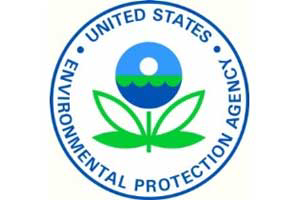New agreement in US poultry waste dispute

In a 2010 settlement agreement to a lawsuit brought by the Chesapeake Bay Foundation (CBF) and partners, the US Environmental Protection Agency (EPA) agreed, among other things, to promulgate a new national Concentrated Animal Feeding Operation (CAFO) rule to address pollution discharges from livestock and poultry farms.
CBF and EPA have announced the details of a new agreement which arises from the 2010 settlement of CBF’s lawsuit.
The US poultry industry released the following statement in response to the agreement:
“The National Chicken Council, National Turkey Federation and US Poultry & Egg Association support EPA’s collection of more data to verify the efficacy of the current regulatory program rather than developing further regulations that are not needed. This will help to assure that no false assumptions are made about the potential contribution of livestock and production to pollution in the Chesapeake Bay.
“The poultry industry recognises that there are indeed challenges within this and other watersheds to reduce the level of nutrients in surface waters. All of animal agriculture has been working together to minimise its impact on these watersheds. By EPA’s own admission, the agricultural industry has made tremendous progress in reducing potential runoff and improving the water quality of the Chesapeake Bay and other watersheds throughout the country.
“A recent study by the University of Delaware not only found that the amount of nutrient runoff in the Chesapeake Bay supposedly caused by chicken litter is much less than EPA’s outdated and overstated estimates, but that the concentrations of nitrogen and phosphorous in the litter are far lower, too. The study concluded that new management practices, better growing environments, feed technology and genetics have improved efficiencies over the last 30 years.
“Everyone should have a vested interest in preserving watersheds across the country. The poultry industry is doing its part, and we’re making progress. Individuals and their families who raise and process chickens on the land in these watersheds all swim in the same rivers, eat seafood out of the same bodies of water and enjoy the same waterways as do others. They want to preserve that as much as anyone.”












